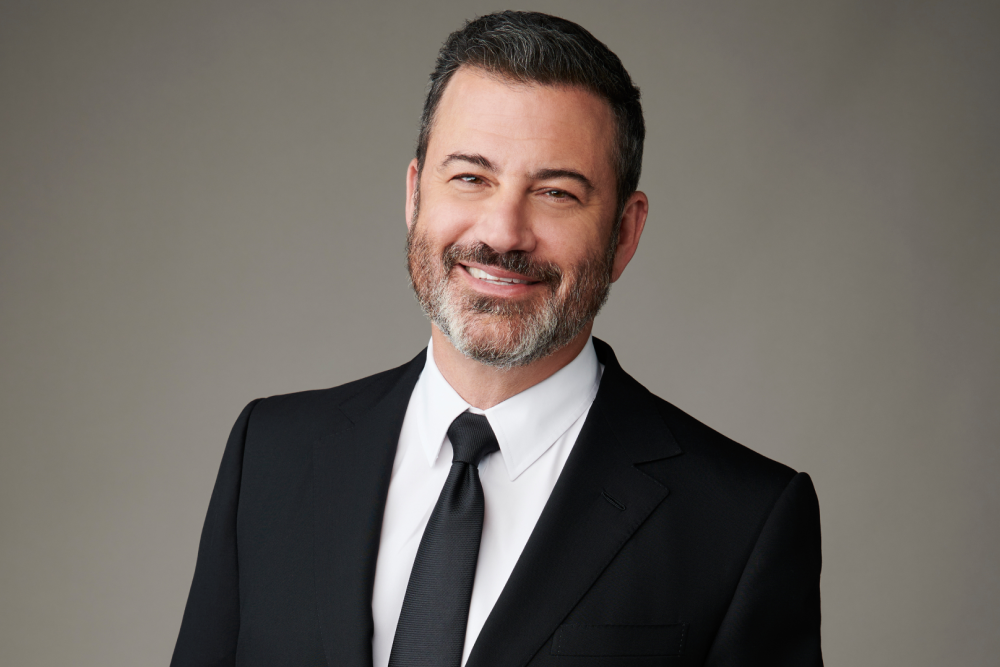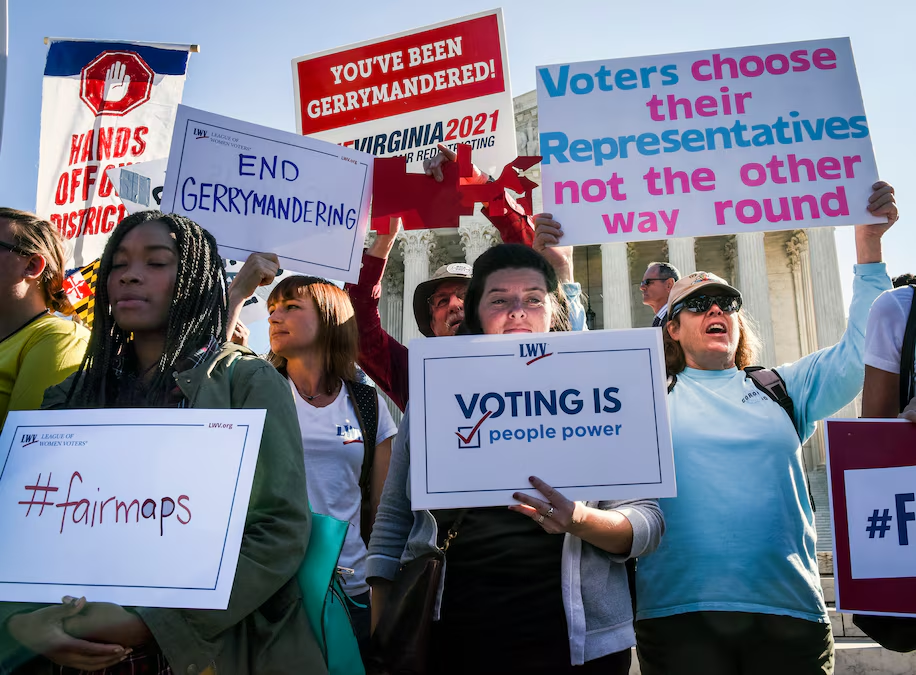In a dramatic turn of events, former U.S. Rep. George Santos was freed from federal prison on a Friday night after President Donald Trump reduced his sentence.
“Good luck, George, have a great life!” Trump posted on a social media platform as the announcement dropped. Within hours, Santos walked out of the prison gates in Fairton, NJ, having served only 84 days of a 7 year term.
George Santos, who previously served in Congress, was removed from office in 2023 after it was revealed that he had lied about most of his background. In 2024, he was charged with several crimes, including fraud and identity theft, and was later sentenced to 7 years in prison, April 2025. Last week, President Trump shortened his sentence, freeing Santos early. Trump claims that Santo’s punishment was too harsh and that he was treated unfairly in prison. This decision caused a major debate about whether it was fair to let him go and what it says about how power is used in government.
Santos was convicted of using campaign donations for personal expenses such as clothing and rent. He admitted to lying on financial forms and collecting unemployment benefits while still employed. His scandals would also include creating false claims on parts of his resume and misleading his donors. This led to his removal from Congress and ultimately to criminal charges.
Trump defended the commutation by saying that Santo’s sentence was excessive. Although Trump had admitted that Santos “lied a lot,” he claimed the former congressman had been “mistreated” in prison and praised him for his loyalty to the Republican Party. Several of Trump’s allies, including Rep. Marjorie Taylor Greene, had supported the idea publicly of freeing Santos, arguing that his case was politically motivated.
The decision to free Santos drew strong reactions from both sides. Some of his victims said they had felt “betrayed,” while critics accused Trump of abusing his presidential powers to protect political allies. On the other hand, others saw the move as an act of mercy, saying Santos had already paid enough for his mistakes. Legal experts point out that a commutation doesn’t just erase his crimes, but only ends his prison sentence, and that there are still state charges he could face in New York.
Now free, Santos has said he has plans to advocate for prison reform, calling his time behind bars “humbling.” Still, the controversy surrounding his early release raises questions about justice, accountability, and whether presidential power should ever involve overriding courts.








